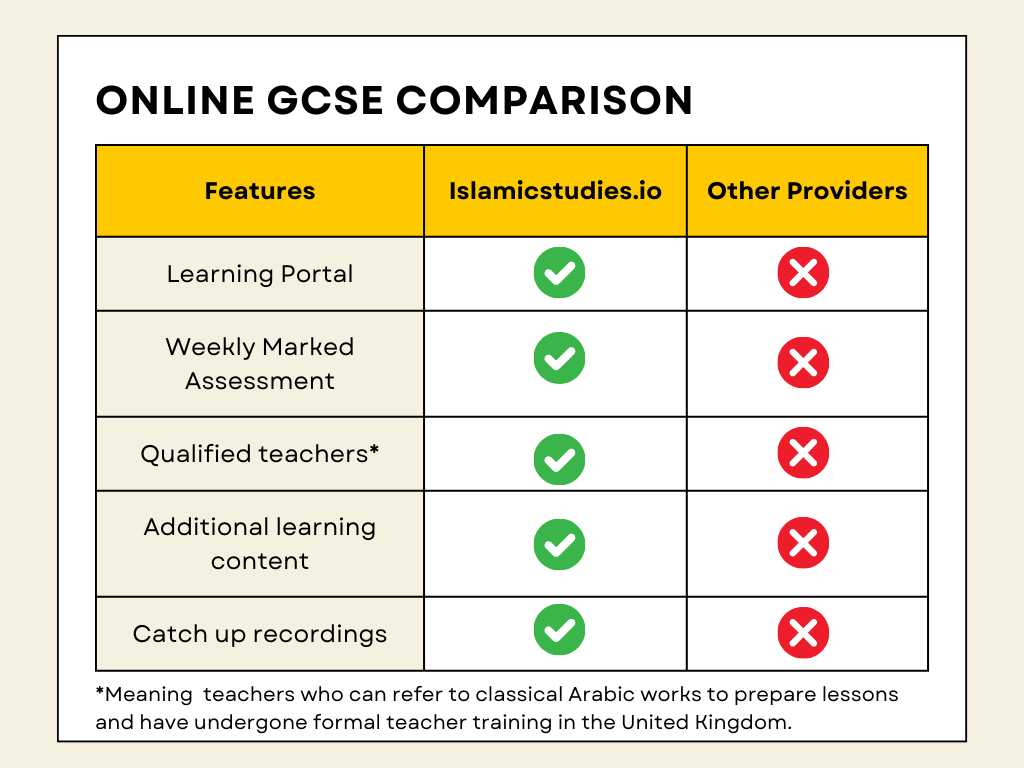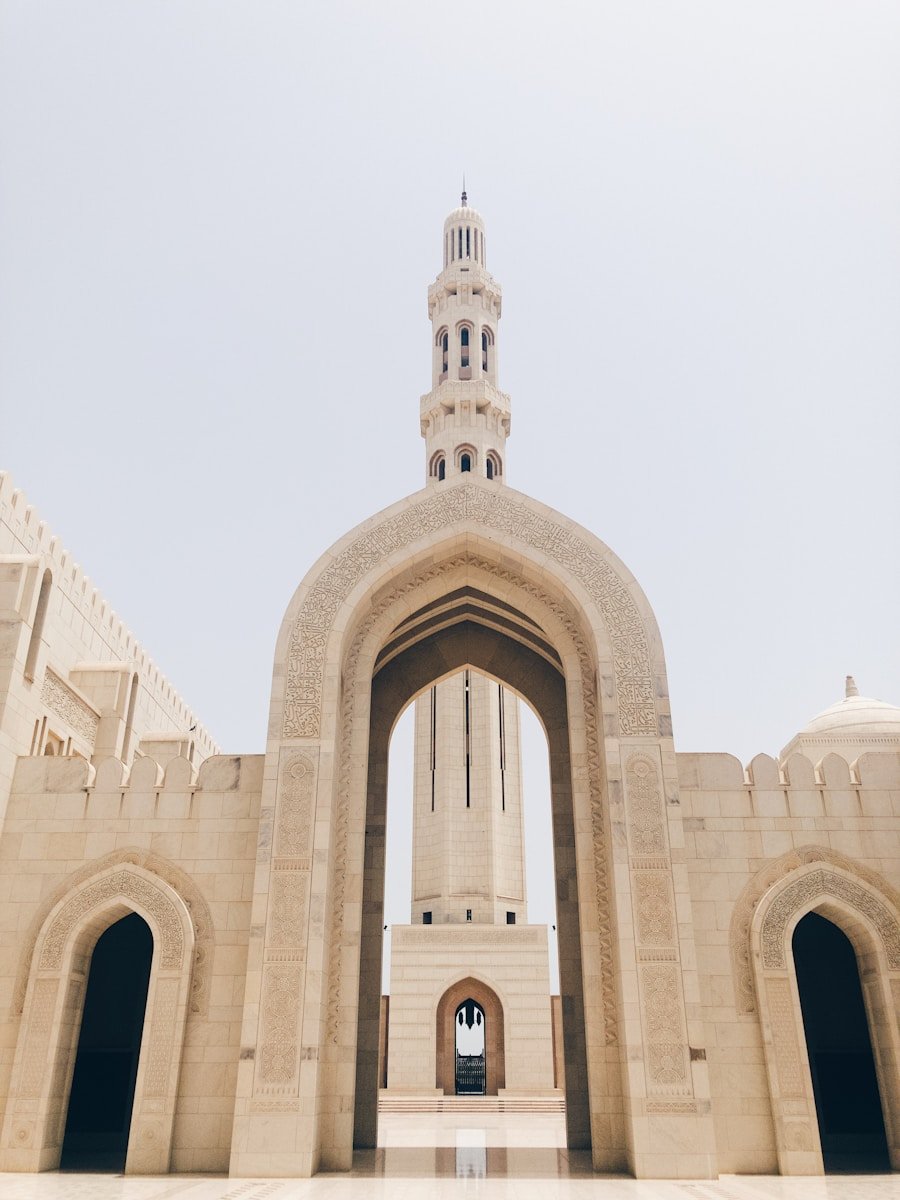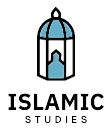GCSE Islamic Studies (Fast Track)
LIMITED PLACES
Empowering Future Generations through Islamic Studies GCSE
– Starting June 2024.
– The GCSE is accredited by the Cambridge Assessment Board, part of the University of Cambridge.
– A new fast track 16 month GCSE course delivered online 2 hours a week.
– Taught by a team of experienced teachers and support staff delivering a unique curriculum tailor made for the challenges of the current age.

Enrol Now for June 2024 Entry
Gain an extra GCSE qualification: This a fantastic opportunity for students to gain an extra GCSE as well studying Islam with only a two-hour weekly commitment.
Are you looking for a way to enrich your children’s Islamic studies education? Do you want them to learn from qualified teachers who understand the contemporary issues facing Muslims today? If so, you might be interested in our Islamic studies GCSE. This program offers high quality instruction taking in to account the challenges of the modern world.
Our curriculum is designed to help your children develop a strong Islamic identity by learning a range of relevant topics related to their faith, as well as how to respond to the challenges of living in a society which is increasingly atheist and hostile to traditional religious values.

Example of supplementary interactive learning materials
It can be difficult to understand what interactive learning material is, to help explain please take a look at this resource about common errors in prayer which we provide as supplementary learning material.
The Benefits of Studying with Us Online
Our expert tuition of Islamic Studies is the superior solution
for many families for the following reasons:
Course Outline

FAQ – Your Questions & Our Answers

The Teaching Team

Per month for 16 months
The total cost of the 16 month GCSE course is £900 inclusive of learning materials. Exam fees are to be paid by learners.
Reserve Your Child’s Place
Spaces are limited
